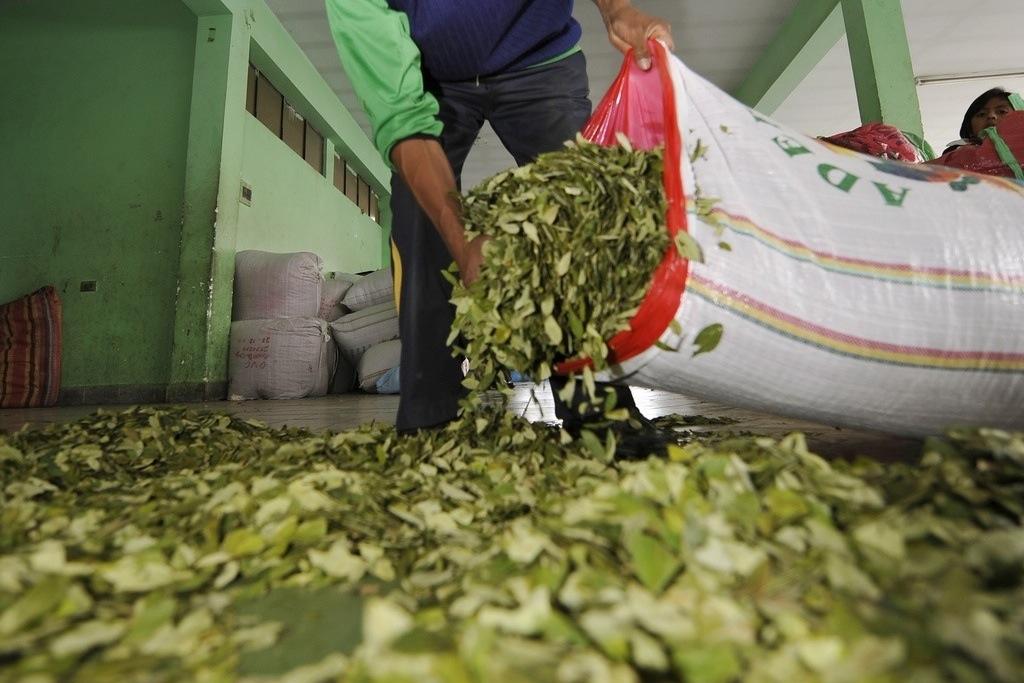Bolivia protests for right to grow coca
Bolivian President Evo Morales popped a handful of coca leaves into his mouth during a 2009 United Nations meeting.
“If this is a drug, then you should throw me in jail,” he said as he argued against the ban on growing and chewing coca leaves.
Apparently his gesture didn't get the message across.
Bolivia has formally notified the United Nations that it will withdraw from the 1961 Single Convention on Narcotic Drugs. The international treaty prohibits the cultivation and export of certain drugs. It classified the coca leaf as a dangerous narcotic, putting it in the same league as cocaine and heroin.
Morales, a member of the indigenous Aymara group and a former coca grower, claims the U.N. treaty is racist and outdated. He says the chewing of coca leaf dates back to 3000 B.C. and cannot be abolished.
Bolivia and Peru have long maintained that demonizing coca is misguided. A growing range of natural products are made with coca leaves:
At a Lima bakery, owner Manuel Seminario supervises the production of pasta, cookies and cakes made with a green flour consisting of ground-up coca leaves. He also produces an energy drink made of barley, honey and coca leaves.
“This could be a natural alternative to Red Bull,” Seminario said as sipped a mug of the thick green beverage. “It’s better than ginseng or coffee. The world needs this.” …
Coca leaf products are also winning new converts. The website for the U.S. Embassy in Bolivia recommends coca tea to help relieve altitude sickness and the hot drink is served at tourist hotels throughout Peru and Bolivia.
Bolivia wanted the U.N. treaty changed to delete the obligation that “coca leaf chewing must be abolished,” but the amendment was defeated. Opposing nations argue that U.N. approval would serve to legitimize coca farmers who sell their leaves to drug traffickers.
In a press release, Bolivia said it had no choice but to pull out from the convention.
The withdrawal will take effect of Jan. 1, 2012. Bolivia plans to rejoin the treaty the same day — but this time it will officially note its objection to the provision on coca, which means it would not apply, according to Sky News.
Bolivia is the third largest coca producer in the world, behind Colombia and Peru.
